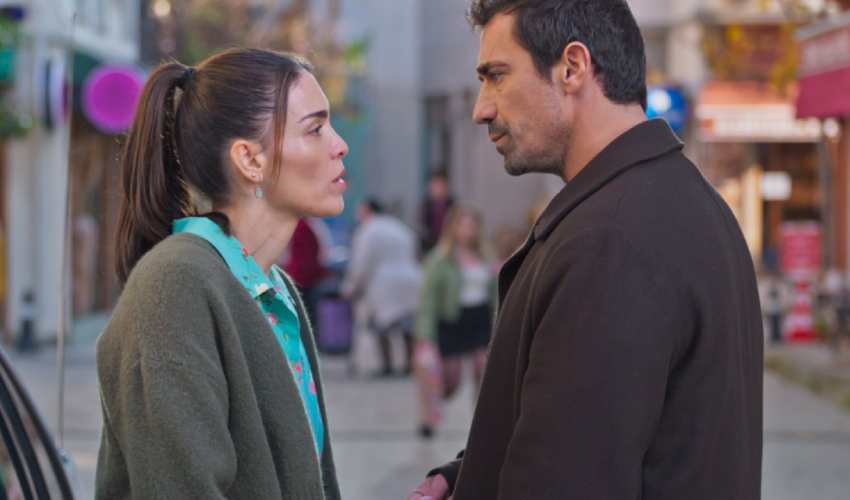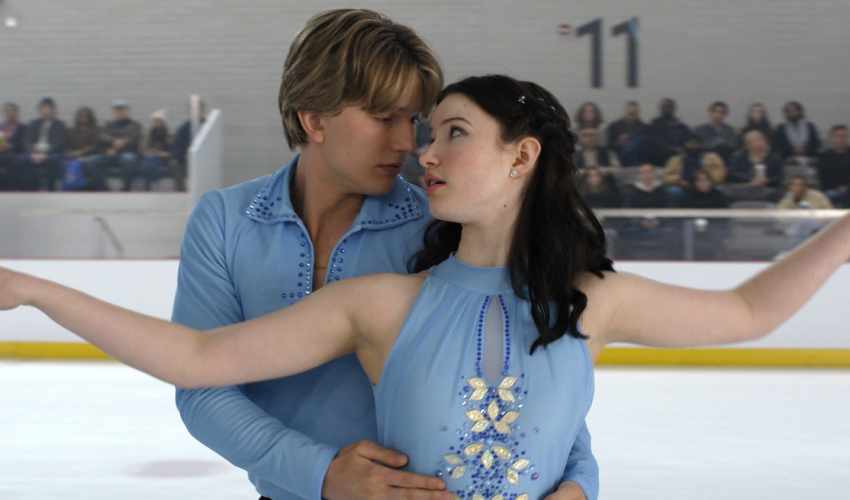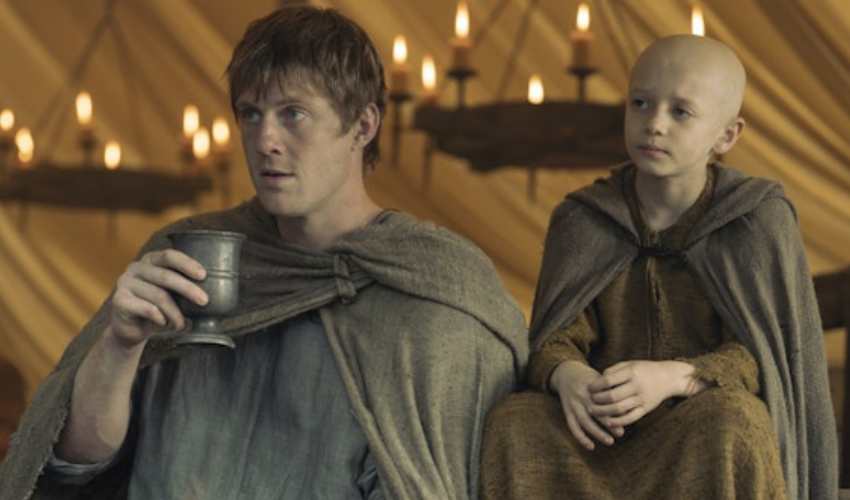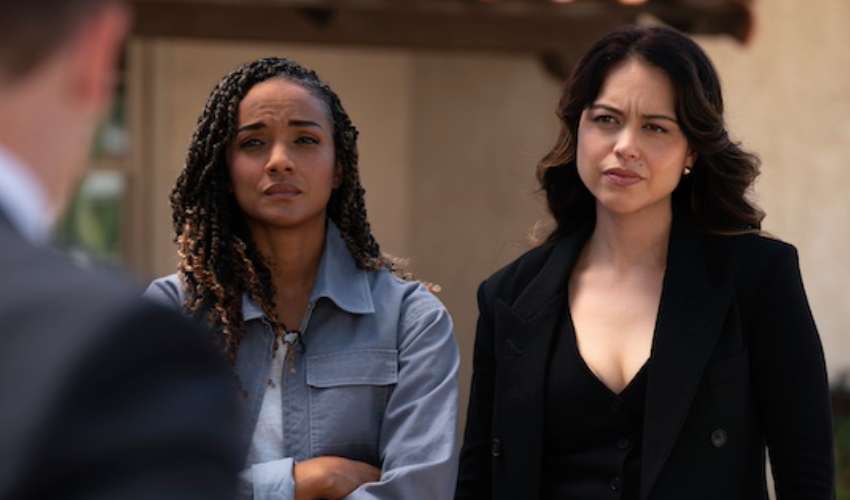Sons of the Neon Night Review: Stunning but Story Falls Flat

Sons of the Neon Night: Visually Striking but Story Falls Short
After years of waiting, Sons of the Neon Night impresses with its visuals—but loses its way in the story. The film, an ambitious Hong Kong action drama set in a snow-drenched alternate 1990s, is striking to look at but frustrating to follow.
A Snowy Cyber-Noir Hong Kong Like You’ve Never Seen
The movie’s strongest asset is its atmosphere. Mak reimagines Hong Kong as a noir-drenched, cyberpunk city blanketed in snow. The neon glow of street signs bounces off wet pavement, casting eerie shadows across alleyways and skyscrapers. It’s a cinematic world reminiscent of classics like Heat and Ghost in the Shell, with touches of The Batman (2022) in its tone and texture.
One standout scene—a penthouse carved from a tunnel beneath Victoria Harbour—sets the bar high early on. Mak’s background in music videos shows, with moody cinematography, poetic framing, and a heavy sense of visual storytelling.
But the Story is Where It All Falls Apart
The plot follows Moreton Li (played by Takeshi Kaneshiro), heir to a pharmaceutical empire trying to steer clear of the drug trade while his brother continues the family's criminal legacy in secret. That premise sounds promising, but the execution is anything but tight.
New characters are introduced constantly—crooked cops, hitmen, double-crossing lovers—each demanding attention but offering little payoff. The result is an overstuffed, confusing narrative that lacks emotional depth. Every 20 minutes, it feels like you're watching a new movie.
Worse yet, the film jumps between philosophical monologues and chaotic action sequences without building proper tension or clarity. Scenes often end abruptly, making it hard to track what’s happening or why it matters.
Action That Lacks Impact
When action does arrive, it feels disconnected from the story. Shootouts and brawls come off more as stylized noise than meaningful set pieces. While they look slick, they don’t add much to character development or plot momentum. Instead of adrenaline, we get apathy.
A Self-Serious Tone That Weighs It Down
The film takes itself very seriously, tackling themes like morality, corruption, and legacy. Unfortunately, it doesn’t give its characters the emotional grounding to make those themes land. Monologues about human nature fall flat when we barely know—or care about—the person delivering them.
Performances Deserve Better
Takeshi Kaneshiro, Sean Lau, and Louis Koo are powerhouse actors, but they don’t get the material they deserve. Their characters are thinly written, often reduced to brooding stares and cryptic lines. There’s a sense that a deeper story is buried under the surface, but it never fully breaks through.
A Score That Tries to Save It
The late Ryuichi Sakamoto’s score is a haunting and elegant layer in an otherwise messy film. His music adds moments of emotion and beauty, though even it can’t fully rescue the narrative.
Popular Posts
Nell Fisher Brings Holly Wheeler Magic to Jimmy Fallon Show
Updated 16 hours ago
Netflix’s To Love, To Lose: Turkish Series Story, Cast & Release
Updated 1 day ago
Finding Her Edge Netflix Release Date, Time, Cast and Story
Updated 1 day ago
The Traitors winner predicts final players ahead of finale
Updated 3 days ago
Fans can watch The Traitors season 4 finale in UK cinemas
Updated 3 days ago
What Is New to Watch Today on Netflix and Prime Video
Updated 3 days ago
Pole to Pole With Will Smith National Geographic Series 2026
Updated January 13, 2026
Love Island All Stars Season 3 Faces Sudden Fire Delay
Updated January 13, 2026
The Rookie Season 8 Episode 2 Air Date and Plot
Updated January 13, 2026



.jpg)










